Sri Lankan ministers offer to resign as economic crisis escalates
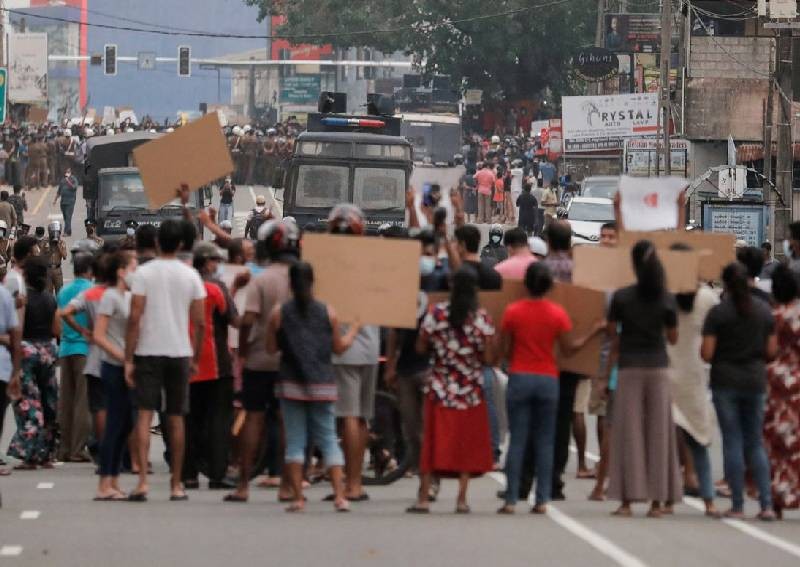
Reuters
Sri Lankan President Gotabaya Rajapaksa called on Monday (April 4) for a unity government to deal with the country’s economic crisis after cabinet ministers and the central bank governor offered to resign.
The debt-laden country is struggling to pay for imports of fuel and other goods due to a foreign exchange crisis, leading to hours-long power cuts and a shortage of essentials. Spontaneous street protests continued over the weekend despite a curfew.
“Considering this a national need, the time has come to work together for the sake of all the citizens and future generations,” Rajapaksa’s media office said in a statement.
“The president invites all political parties representing in the parliament to come together to accept ministerial portfolios in order to find solutions to this national crisis.”
Central Bank of Sri Lanka Governor Ajith Nivard Cabraal said he had also offered to quit.
“In the context of all cabinet ministers resigning, I have today submitted my resignation as Governor,” he said on Twitter.
The Colombo Stock Exchange’s All Share Index briefly turned positive following the flurry of announcements, before turning red again. The market is down about a third this year, and the bourse suspended trading twice on Monday morning due to sharp falls in the benchmark share price index.
The developments come after Rajapaksa, whose elder brother is the prime minister and younger brother the finance minister, declared a state of emergency on Friday, following protests over the economic hardship faced by the people of the country.
Traffic was back on the streets of the capital Colombo on Monday, but there were reports of sporadic and peaceful protests from across the country.
The island nation of 22 million, off India’s southern tip, is also grappling with soaring inflation after the government steeply devalued its currency last month ahead of talks with the International Monetary Fund for a loan programme.
The country’s expenditure has exceeded its income under successive governments while its production of tradable goods and services has been inadequate. The twin deficits were badly exposed by the Covid-19 pandemic that crippled its economic mainstay, the tourism industry.
“If this interim government is put in place and it is with people who have some credibility, then we can instil some confidence both in the people and in the markets,” said Paikiasothy Saravanamuttu, executive director of the Centre for Policy Alternatives think-tank.
But there would be some dissatisfaction with the president holding on to his position, he said.
“The demands on the street were that Gotabaya Rajapaksa should go. He was the target,” Saravanamuttu said.




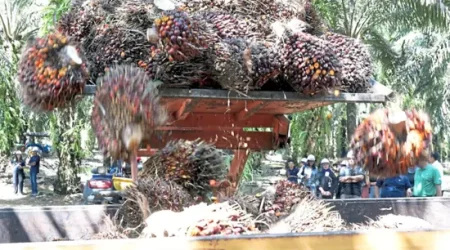


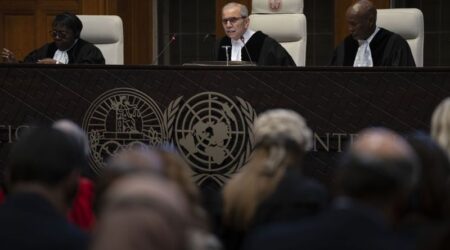
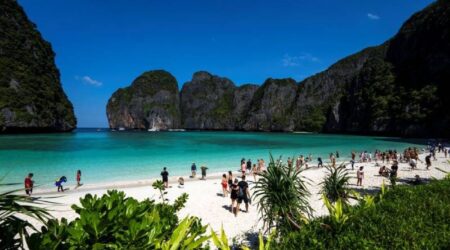
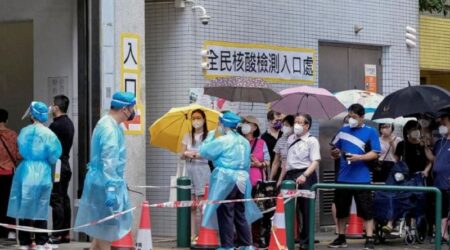
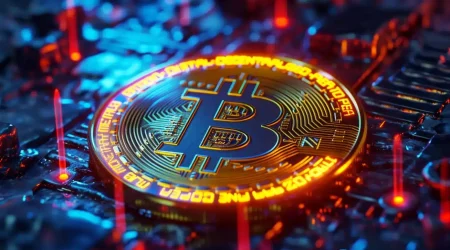

Leave a Reply